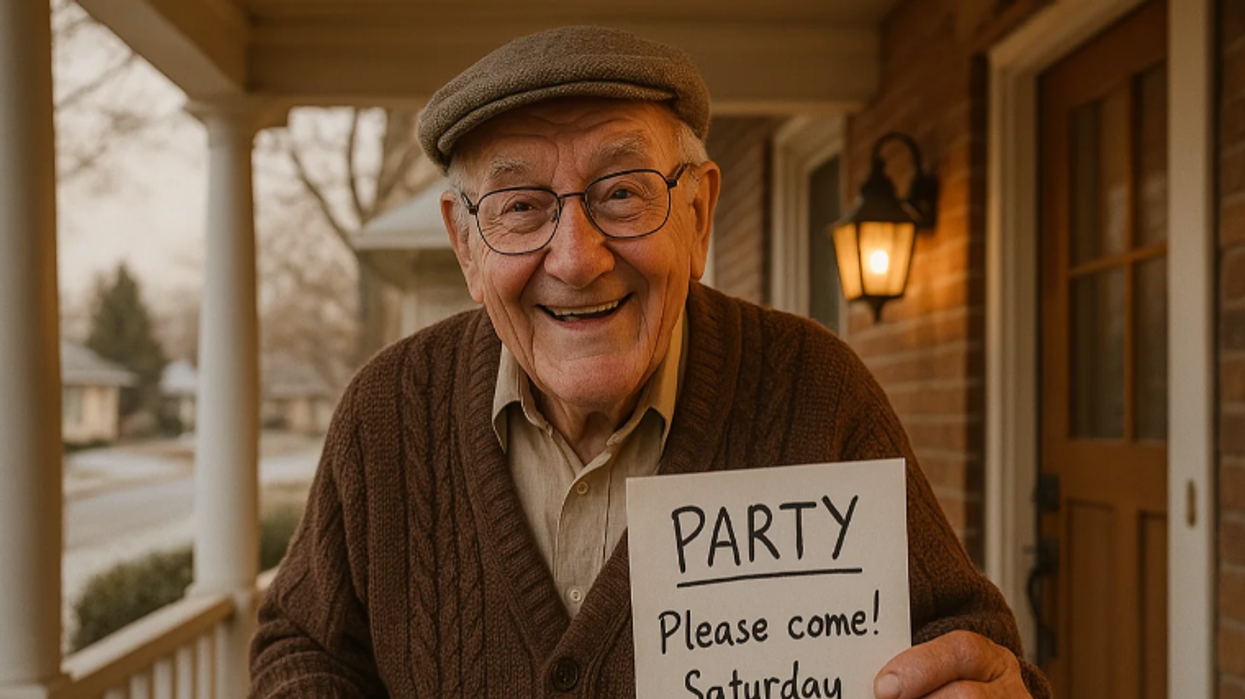Can bathing at night actually be a form of luxurious self-care?
While the debate over showering in the morning versus at night rages on (Dr. Jason Singh, a medical expert on TikTok says “Overall, night-time showers have more benefits to it but morning showers have really one benefit—and that’s better hygiene.”), there is one place in the world where the consensus is clear: Night-time bathing is the GOAT.
Welcome to Japan.
In a blog post on her website, Marie Kondo (the Japanese organization guru behind the bestselling book, The Life-Changing Magic of Tidying Up) wrote about her nightly routine. Namely, how creating a bathing ritual at night has become one of the most cherished steps in her daily self-care practice. “For as long as I can remember, soaking in a bath at the end of the day has been a part of my routine,” she writes. “The ritual is truly essential to my wellbeing. It makes me feel like I’m in an onsen [or hot springs] deep in the mountains of Japan—connecting to nature and the elements is deeply nourishing. When I dip into a bath, I can tell if my spirits are low. The water helps to restore my energy and calm my mind. After I take a bath, I always feel lighter.”
Through intentionality and ritual, Kondo has turned an activity that many consider a mundane or boring task—bathing once a day—into a treasured moment of peace and relaxation. And she’s far from alone. According to Dr. Hayasaka Shin’ya, a professor at Tokyo City University where he studies the therapeutic effects of hot spring bathing, between 70% to 80% of people in Japan still bathe traditionally at least several times a week. That number rises to 90% or more in families with small children; overall, only 10% of Japanese people rarely or never take a bath. Compare that number with the West, where people shower nearly 90%.
So, what is with Japan’s cultural obsession with bathing? Does it have to be at night? And can this practice actually improve your health? The answer is there's a mixture of superstition, tradition, and science at play here.
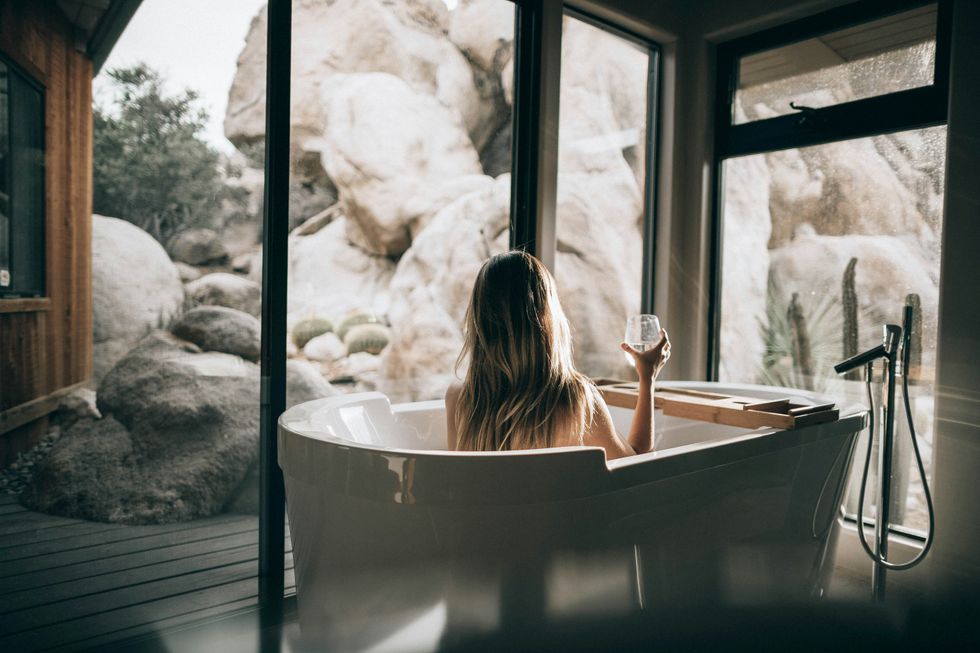
Why the Japanese love hot baths
After a long day, Westerners have many beloved self-care comforts to turn to: spa trips, mani-pedis, face masks, Swedish massages, etc. But in Japan, the ultimate form of relaxation comes in a trip to the onsen, or natural hot springs. The country is spoiled with a large number of them, thanks to Japan’s volcanic-rich terrain. Japanese people love to retreat to serene, far-off places in the search for a peaceful, rejuvenating bath: there are onsens in remote mountain stops and along beaches; some can be found dangling off the edge of a cliff or built into high-end luxury resorts.
“Bathing is an essential part of Japanese culture. The Japanese believe that warming up the body boosts your life energy, so typically our baths are quite hot,” writes Marie Kondo on her blog. “The purpose of bathing is to purify yourself on a deep level and wash off the fatigue of the day; in Japan you can always rinse off any physical dirt in the shower before getting in the tub.”
So, what exactly is so unique about Japanese-style bathing? The process is deceptively simple and specific:
- The water should be hot (much hotter than temperatures Westerners are used to.)
- Baths take place in the evening and night, after a long day.
- This is a time for relaxation and soaking—not cleaning. In Japan, most people wash their bodies outside of the tub, rather than in it. (Sorry, no bath bombs!)
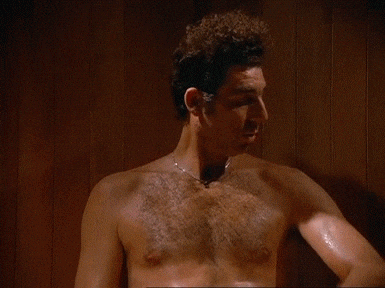
The history behind it
Today, there are around 27,000 hot springs in Japan—an impressive number for a relatively small country.
But Japan’s bathing culture began during the Edo period (1600-1864), when steam rooms became extremely popular, according to a review published in the Journal of Physiological Anthropology. Since then, Japan’s infatuation with hot water baths grew and grew, seeing a rise in public onsen before the practice eventually reached the home in the 20th century.
In 1946, cultural anthropologist Ruth Benedict wrote in her book The Chrysanthemum and the Sword: Patterns of Japanese Culture:
“One of the best-loved minor pleasures of the body in Japan is the hot bath. For the poorest rice farmer and the meanest servant, just as much as for the rich aristocrat, the daily soak in superlatively heated water is a part of the routine of every late afternoon. The commonest tub is a wooden barrel with a charcoal fire under it to keep the water heated to 110° Fahrenheit and over. People wash and rinse themselves all over before they get into the tub and then give themselves over to their enjoyment of warmth and relaxation of soaking. They sit in the bath with their knees drawn up in the fetal position, the water up to their chins.”
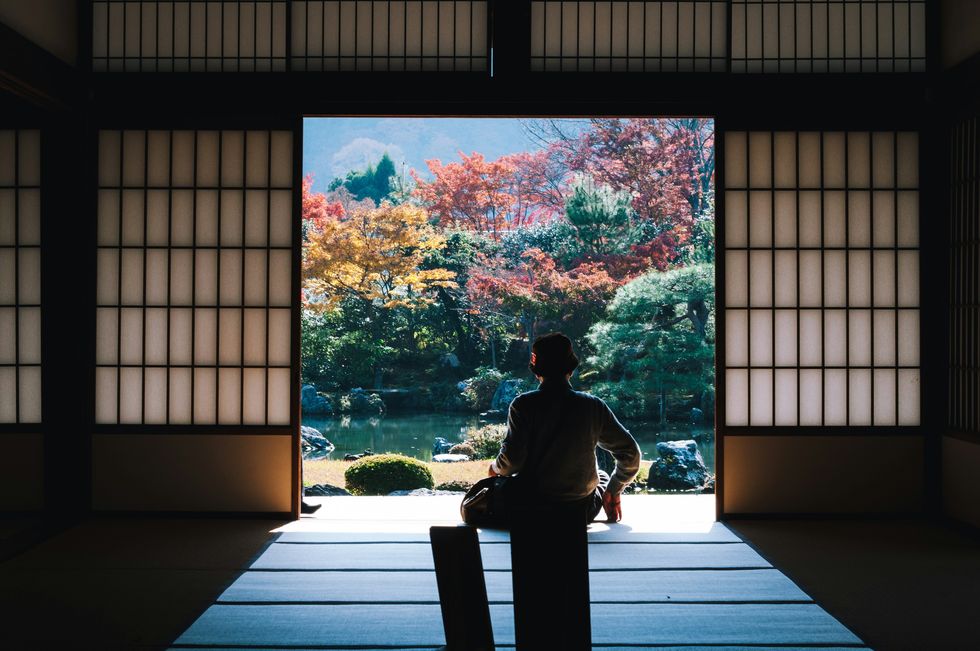
Try adding sea salt
Want a dash of extra luxury? Try adding sea salt to your next shower or bath, “which can be a powerful purification tool,” writes Marie Kondo.
She prefers Arajio sea salt, a fine, sun-dried salt that’s completely natural—there are no additives or conditioners to be found here. “I put it in the tub or use it to massage the bottom of my feet,” Kondo writes. “This may sound strange, but I also like to put tons of salt on the top of my head and rinse off in the shower before getting in the bath. Feeling the water and salt stream down over me is incredibly refreshing — I love that moment!”

What people are saying online
In r/japanlife on Reddit, user @idigthisisland asked a question about morning showers versus evening baths: “Until I moved in with my Japanese girlfriend (now wife) I had been showering first thing in the morning -- it was an integral part of getting/waking up, and showering at night had never crossed my mind (unless I had gotten particularly dirty that day). Then that convention was reversed at the request of my other half. I've come to discover that washing the crap out of my eyes in the morning is actually plenty in terms of a morning fresh up, and I quite enjoy the evening shower and it [signifies] that my day is done and it is full unwind time. Curious how others feel about the morning vs. evening shower routine, and if the generalization I am making is as strong as I think it is.”
“Fellow countryman chipping in here," said HatsuneShiro. "Similarly, I shower two times during summer months, once (evening, after I am sure I won't be heading outside my room for the day) for the rest. I can't stand the idea of bringing all the dirt and dust your hair and skin has collected during the day inside your bed and onto your pillows, bedsheets, bed covers... Big no.”
“I'm absolutely certain that evening showers, especially if married or living with someone, is the only way,” wrote JimNasium123.
“Be mindful of how much you wash and what products you use though. There is such a thing as showering too much and depending on how you do it it's pretty bad for your hair and skin," cautioned Igna92ts.
What do you think? Are you more of a bathe in the morning person or has Japanese night-bathing won you over?











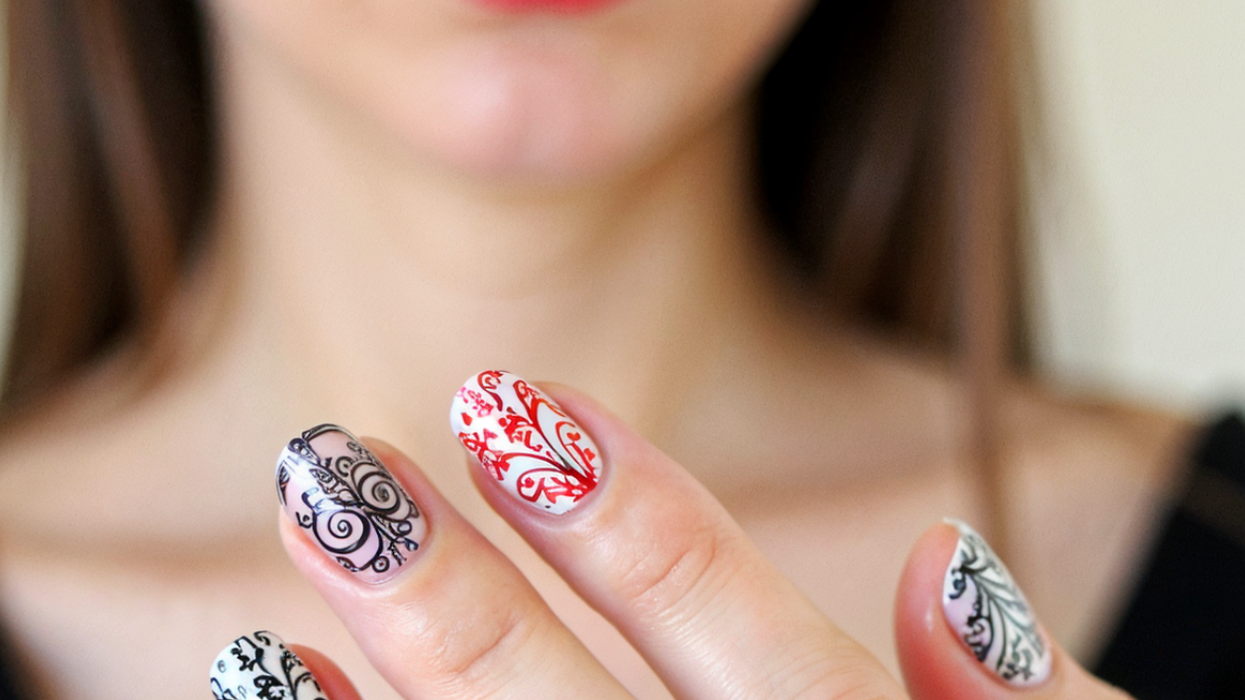





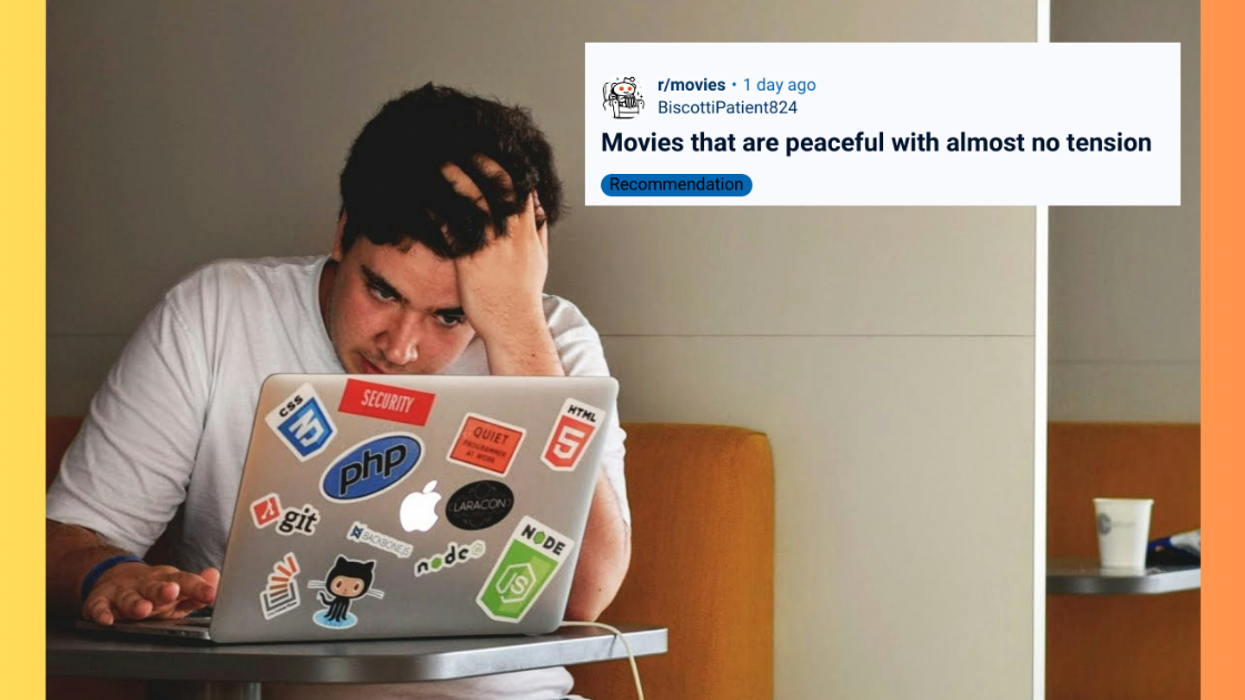



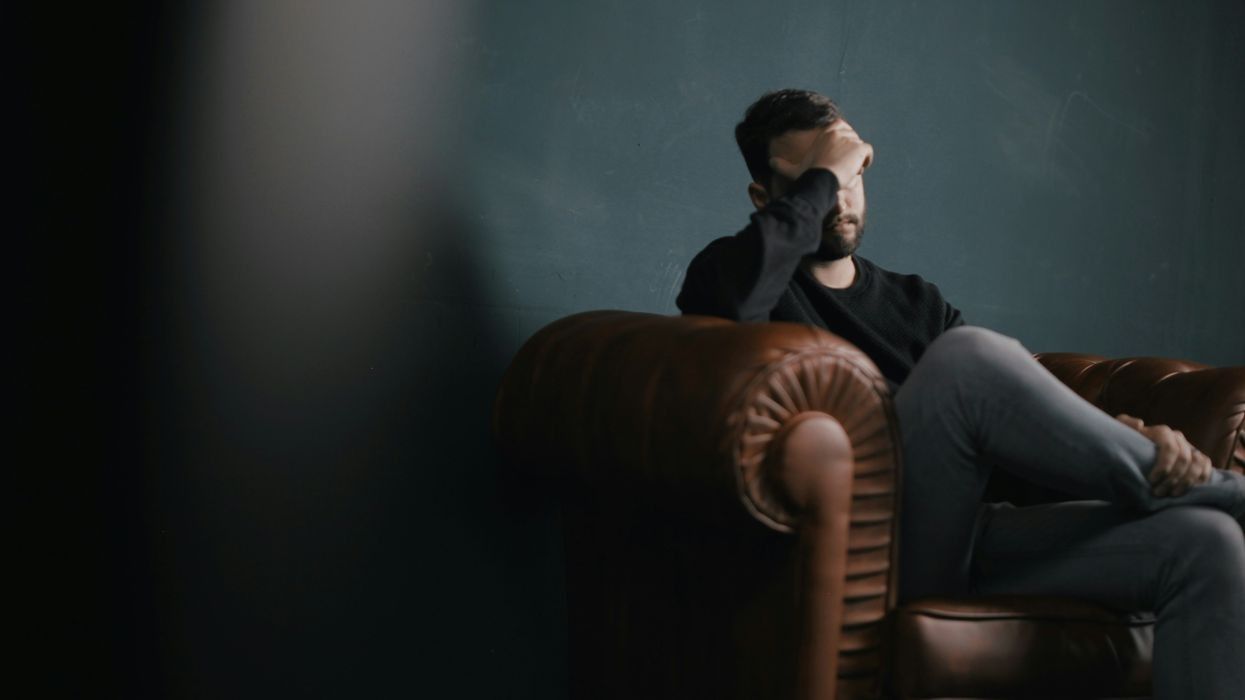



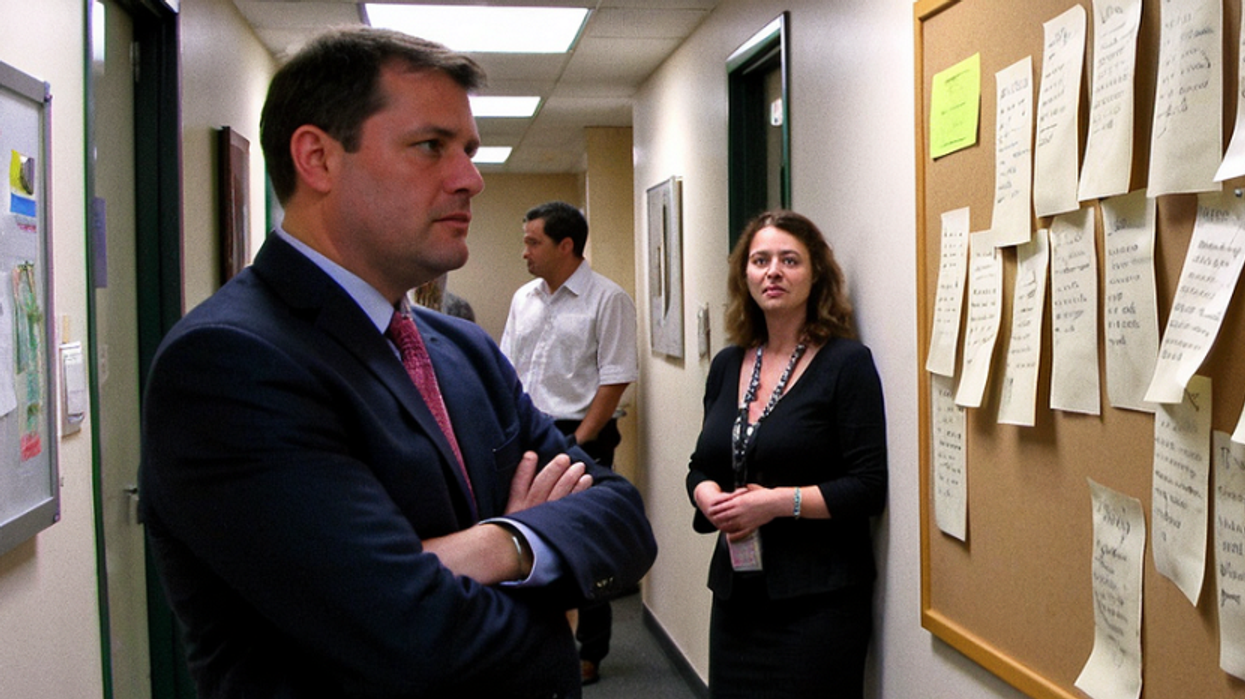
 Image Source: Joshua Potash | Reddit
Image Source: Joshua Potash | Reddit 

